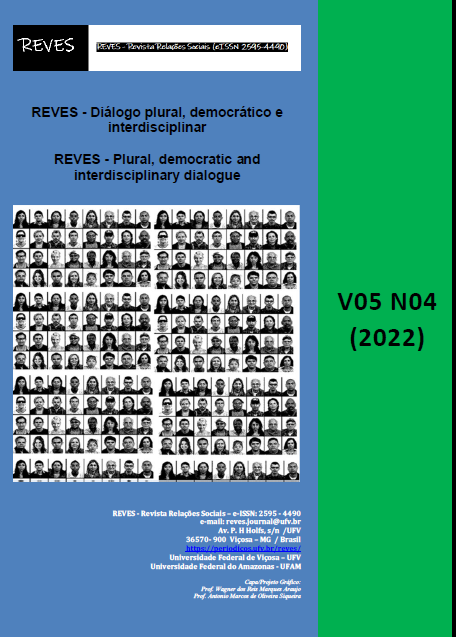Telework and Quality of Life: a Case Study in a Public Educational Institution In Brazil
DOI:
https://doi.org/10.18540/revesvl5iss4pp14747-01eKeywords:
Work organization. Telework. Work flexibility. Information technology.Abstract
During changes in the world of work, institutions are constantly forced to adapt, reviewing their policies, processes, practices, and work routines. Telework has been widely discussed as an often-controversial topic in public administration and worthy of further studies. The objective of this article is to describe and characterize the perceptions of public employees of a public educational institution, in relation to teleworking as a factor for improving the quality of life, as well as its possible advantages and disadvantages. Therefore, a case study was carried out with servers of the administrative technical career. Data were collected through a questionnaire sent to workers and interviews with directors. The sample was obtained through probability sampling procedures. Among the identified advantages are better quality of life, less interruption of work, as well as greater productivity in meeting the establishment of goals; on the other hand, professional isolation, the extension of the working day and social isolation were identified as the main difficulties of this type of work.
Downloads
Downloads
Published
How to Cite
Issue
Section
License
Copyright (c) 2022 REVES - Revista Relações Sociais

This work is licensed under a Creative Commons Attribution 4.0 International License.












